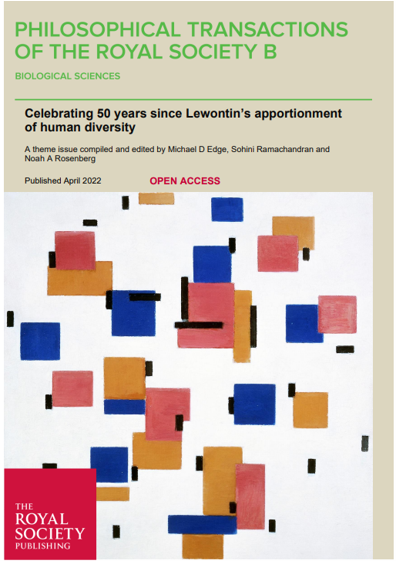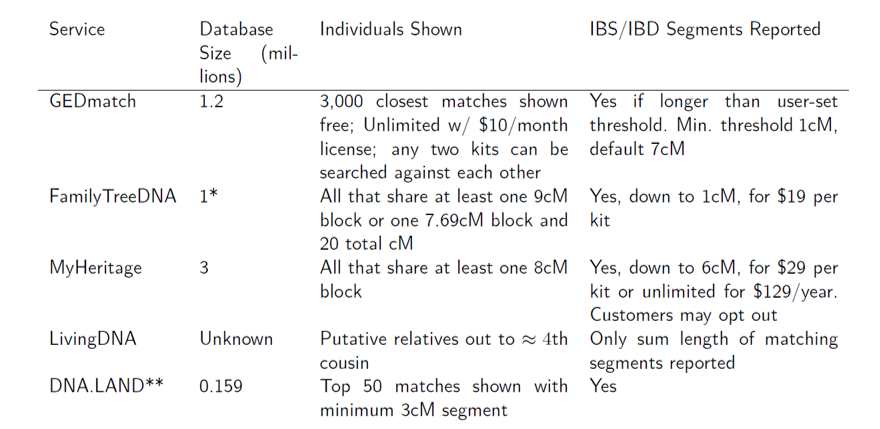
Assistant professor in quantitative and computational biology @USC. Genetics, evolution, and a bit of statistics.
How to get URL link on X (Twitter) App

https://twitter.com/JFGariepy/status/1827386764673028112OP says that a "white" (I'll say "european") biological parent (hereafter just parent) will be less related to his child than to another random european if he has a child with an "Asian" or "African"

 Lewontin’s paper is one of the most celebrated studies in human genetics. It provided a new statistical framework for analyzing genetic variation, as well as the oft-quoted result that the great majority of human genetic variation lies within, rather than among, populations (2/n)
Lewontin’s paper is one of the most celebrated studies in human genetics. It provided a new statistical framework for analyzing genetic variation, as well as the oft-quoted result that the great majority of human genetic variation lies within, rather than among, populations (2/n)

https://twitter.com/DocEdge85/status/1081358427312447490(2) This will be a mostly opinion w/ a bit of science. I'm muting it right away, and if you @ me with this I might mute or block you. I'm writing this bc I find myself being reactive in conversations I don't want to be a part of.